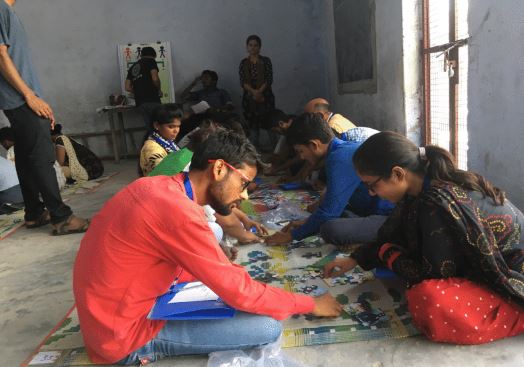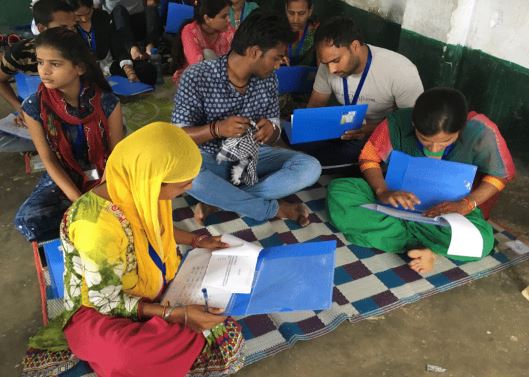Irma Clots-Figueras collaborates on a paper examining policy effectiveness as a function of leader identity using a series of group experiments involving coordination games to measure responses to Muslim and Hindu leaders.
Professor Irma Clots-Figueras‘ paper on ‘Leader Identity and coordination’, a collaboration with with Sonia Bhalotra, Lakshmi Iyer and Joseph Vecci has been accepted by The Review of Economics and Statistics.
Leaders can facilitate group coordination towards a common goal but in diverse societies, their effectiveness may depend upon their social identity, and how citizens react to leader identity. Based on a lab-in-field experiment in India, this article investigates the role of leader religion in improving coordination, and the effectiveness of two policies that are often used to aid disadvantaged groups: intergroup contact, and affirmative action.
This study, in India where the population is 80% Hindu and approximately 14% Muslim, was the setting for a series of experiments to measure how people react to the religious identity of a leader.
“We wanted to understand the mechanisms that lead people to react to the identity of leaders.” Clots-Figueras explained, ”This is something that’s very difficult to measure with observational data.”
The experiment involved a simple coordination game in which 1,028 participants are randomly assigned into groups of four consisting of two Hindus and two Muslims. Half of the groups are randomly assigned to have Hindu leaders, and the other half had Muslim leaders.
To extend the analysis into the policy domain and test the effectiveness of two policies that are often used to aid disadvantaged groups, they randomly assigned groups into two ‘treatments’. One treatment replicates an affirmative action (AA) policy that involves telling participants that half of the leader positions were reserved, and the other replicates an intergroup contact policy, achieved by having mixed-religion pairs collaborate in solving a puzzle before coordination is measured.
“We find that minority leaders improve coordination, while majority leaders do not. Alternative treatment arms reveal that affirmative action for minorities reverses this result, while intergroup contact improves the effectiveness of leaders of both identities. We also find that minority leaders are less effective in towns with a history of intergroup conflict. Our results demonstrate that leader and policy effectiveness depend upon citizen reactions, conditioned by social identity and past conflict.”
Read the full paper here.




